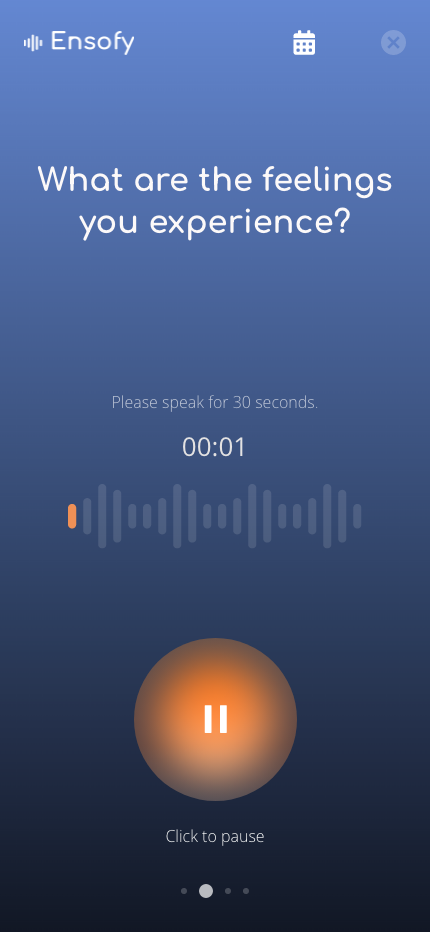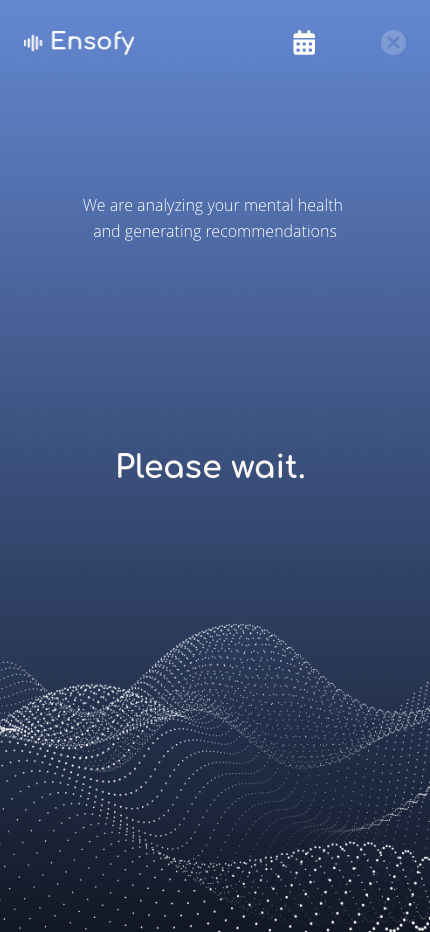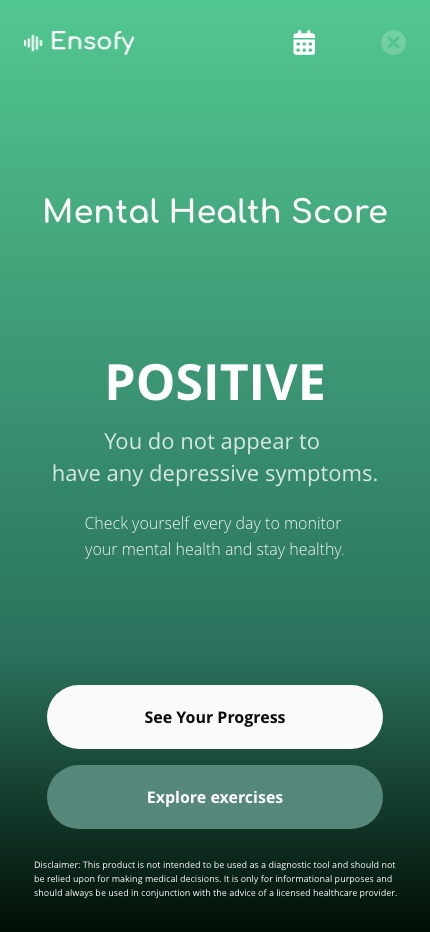As the founder of Ensofy, I spent a lot of time exploring how AI could improve mental health. To this date, less than 10% of primary care physicians screen their patients for mental health, despite the fact that mental health comorbidities can lead to up to six times higher treatment costs and significantly lower quality of life for patients.
For decades, diagnosing mental health problems relied on largely subjective assessments – things like questionnaires or personal interviews that could be influenced by bias. This often led to misdiagnosis or delayed treatment. Doctors and professionals are not to blame – much of the diagnostic arsenal has remained unchanged for 20 years, despite its well-documented limitations. I believe with AI this process will get better.
One of the key strengths of AI is its ability to recognize patterns that humans might miss. This is especially important when it comes to detecting early signs of mental health problems. Sometimes people don’t show obvious symptoms or may be reluctant to seek help, especially in highly stigmatized environment. AI can analyze subtle behavioral cues, such as speech patterns and physical data to pick up on early warning signs. This allows for early intervention, with minimally invasive methods, which is the key to preventing conditions from worsening.
Research shows that the way we speak can give us clues about our mental health. For example, someone suffering from depression might have a flatter tone, slower speech, or longer pauses when speaking. AI can pick up on these small changes, (and potentially dozens of other subtle vocal biomarkers) and provide valuable, early information to the caretaker to take early action.
One of our most exciting projects was a clinical pilot in Italy to predict major depressive disorder. We worked with Medic4all Italia, a leading Italian telemedicine provider, launching a 12-month pilot to test how our voice biomarkers could be used in primary care to improve mental health screening. The goal was to help expand mental health services, improve patient outcomes and help physicians make better decisions.
During the pilot, we worked with a select group of around 50 patients to evaluate how accurate and effective our VoiceAI platform was at detecting major depressive disorder compared to traditional screening methods. Our technology analyzed changes in a person’s voice – such as pitch, tone and rhythm – that can indicate mental health issues such as depression. This project was part of the larger HosmartAI initiative, which aims to create a platform for integrating digital technologies into healthcare.
This pilot was a huge step forward for us at Ensofy because it allowed us to test our technology in a real-world healthcare setting. The data we collected was incredibly valuable and provided insights that will help us refine our approach and continue to improve. The positive results showed that vocal biomarkers have the potential to significantly improve the detection of mental health disorders, making screening more accessible and accurate.
AI opens up new possibilities for improving the accuracy of mental health diagnoses and offering earlier detection. This means that healthcare professionals can intervene at the right time and provide more effective treatment. At Ensofy, we have been working to harness these technologies to ensure better outcomes for patients, and I believe that as AI continues to advance, it will become an even more integral part of mental health care.
Going forward, it’s critical that researchers, mental health professionals, and AI experts work closely together. By working together, we can refine these tools and make sure they’re used in the best way possible to give people the personalized care they need. I’m proud of the work we’ve done at Ensofy, and I’m excited about the future of AI in mental health.


